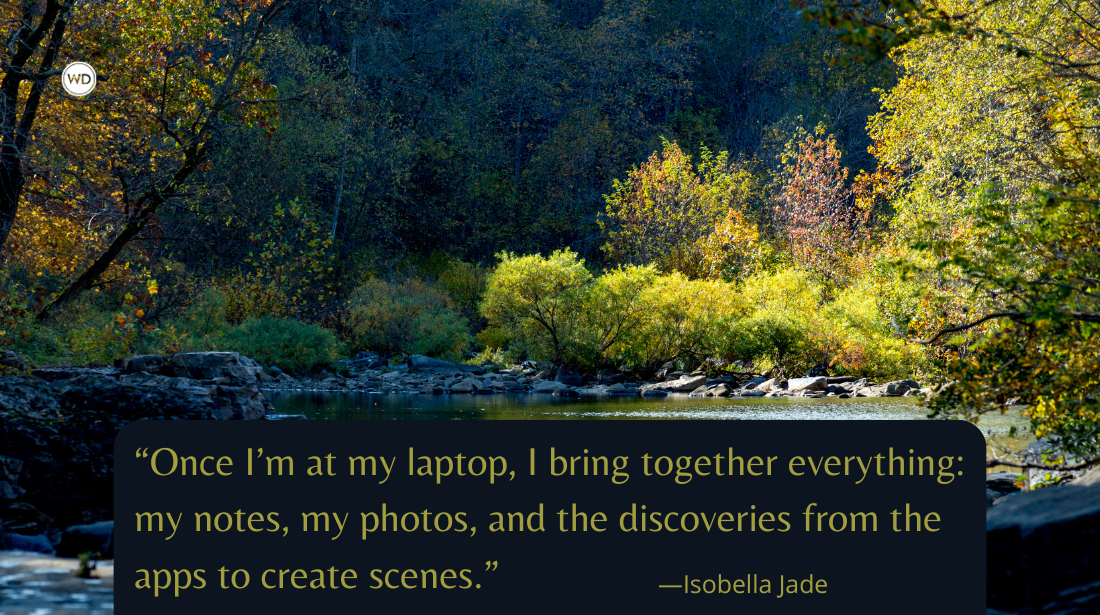How To Get Started in Copywriting
From writing and reading to majoring outside of journalism, copywriter and author Robert W. Bly shares how to get started in copywriting.
To launch yourself as a copywriter, there are two essential steps: First, learn how to write copy. And second, once you can write copy reasonably well, find copywriting assignments as a freelancer.
You do not need a college degree. And, if you do have or pursue a B.S. or B.A., you do not have to major in English, journalism, advertising, marketing, or other related fields.
In fact, I recommend that you instead major in political science, economics, computer engineering, geology, biology, and other expert subjects—all of which can give you the background to write for industries related to your major.
For instance, a degree in petrochemical engineering is ideal for writing copy about the oil and gas industry.
College aside, there are four activities that are the foundation of your real copywriting education: writing, reading, courses, and paying attention to ads—and none of these require a formal education.
Writing
The best way to learn how to write is by writing a lot.
For instance, Malcom Gladwell says that if you write or do anything else for 1,000 hours, you become good at it.
When I was in college, I majored in chemical engineering. But I also wrote for the campus newspaper, which was a daily.
By the end of my senior year, I had written for more than 1,000 hours. I wasn’t great, but I was competent.
The combination of writing experience and engineering education landed me several corporate job offers as a technical writer.
Reading
Most writers are inveterate readers. There are two types of reading materials we consume.
First, we read a ton of source material for specific writing projects. When writing about dietary supplements, for instance, I read clinical papers on each ingredient used in the formulation.
Second, we read widely on just about everything else. In this way, your mind becomes a vast storehouse of knowledge on topics of all kinds, and the information continually finds its way into whatever you are currently writing.
Courses
The best training for copywriters is not college courses. It is books, e-books, online master classes, trade publications, blogs, videos, webinars, podcasts, and other educational materials you can find online. All you need do is Google “copywriting” and you will find more material on the topic than you could consume in a lifetime.
Again, these are not college courses. They are training programs taught by practicing copywriters.
The problem with college marketing professors is that some (not all) are merely theoreticians. But copywriting is a practical skill, and at the end of the day, results are all that matter.
Ads
Perhaps the best education you can get in copywriting is by studying what’s working today in the particular niche or field in which you write.
You do this by paying attention to, reading, and analyzing the marketing messages delivered to you each day by email, online ads, direct mail, TV, Facebook, Google, and other marketing channels.
When you get a promotion you feel is particularly strong, engaging, or interesting, keep a copy in a “swipe file.” Meaning a file of advertising you may want to consult for ideas and inspiration when writing copy for your clients.
Tip: If you get a particular promotion multiple times, mark it in your swipe file as such. The repetition is noteworthy, because it means the copy is working. If it was not working, the marketer would not keep repeating it.








